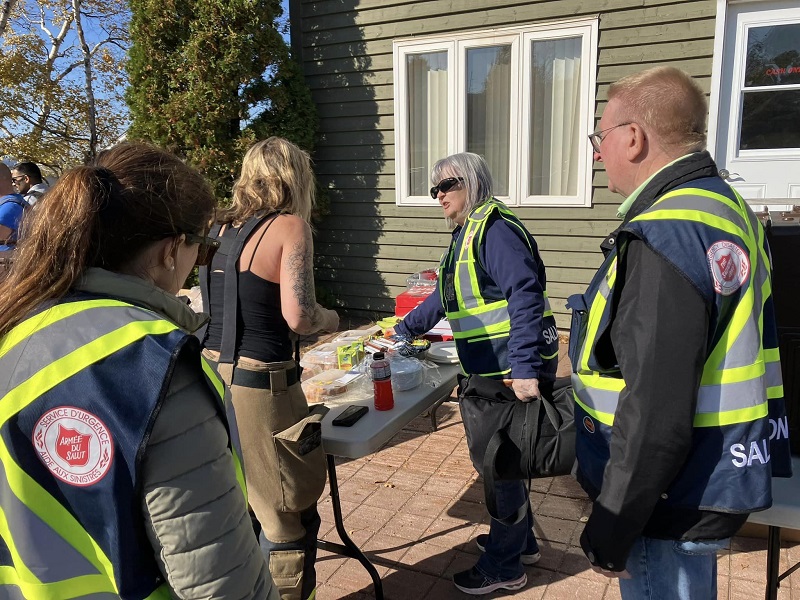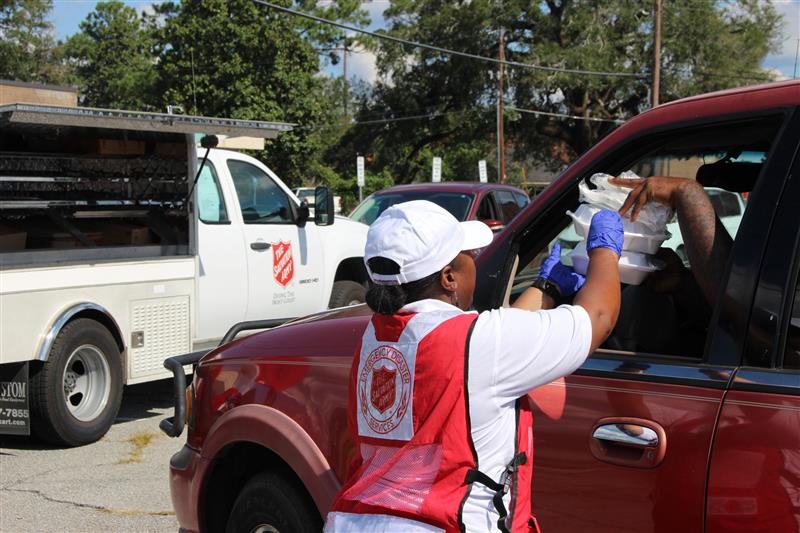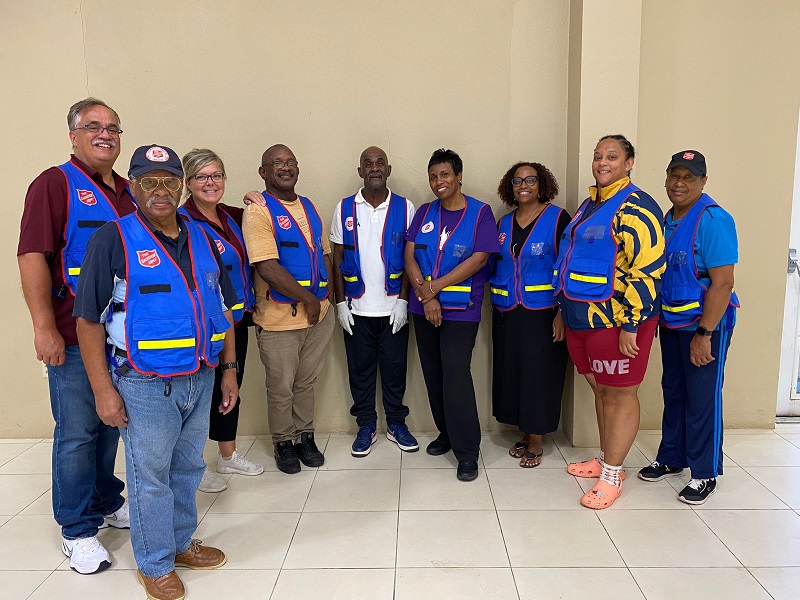Why Everyone Has a Role to Play in Preparing for Emergencies
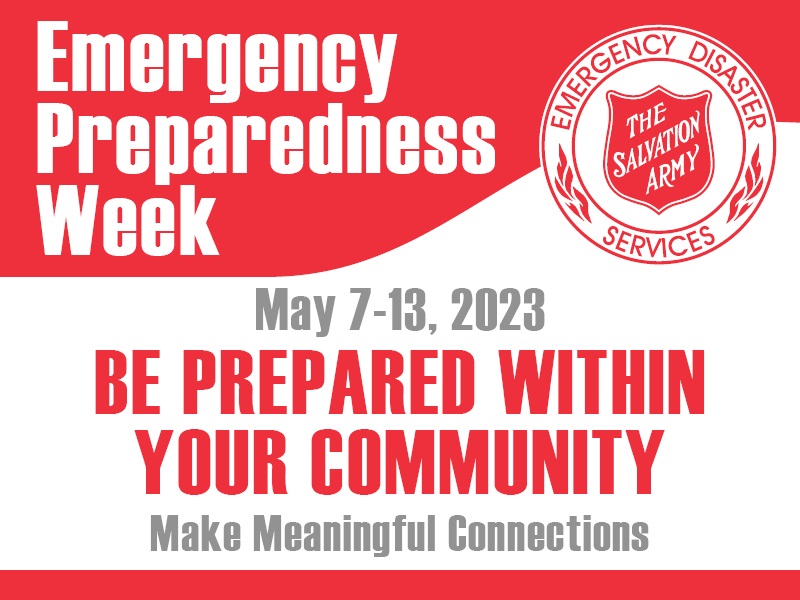
For more than 100 years, The Salvation Army’s Emergency Disaster Services (EDS) in Canada has played a critical role in disaster preparedness, response and recovery. This Emergency Preparedness Week, May 7-13, 2023, Karim Kane, planning specialist with The Salvation Army’s national EDS team, stresses the importance of preparedness so communities can withstand, adapt to, and recover from hard times.
“The impacts and effects of hazards on communities and populations can be preventable.”
“The impacts and effects of hazards on communities and populations can be preventable based on the level of preparedness and planning at the individual, community and organizational levels,” says Kane. “Everyone has role to play in an emergency.”
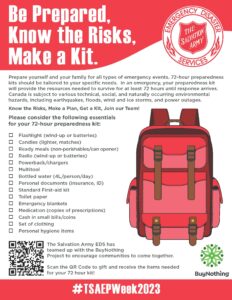 The frequency and impact of hazards is on the rise worldwide. Earthquakes, hurricanes, tsunamis, forest fires, tornadoes, ice storms and severe rainstorms are happening more often than ever before. There are preparatory strategies that individuals, households and communities can partake in to be more resilient and less dependent on outside agencies who might not be able to reach them in a timely manner.
The frequency and impact of hazards is on the rise worldwide. Earthquakes, hurricanes, tsunamis, forest fires, tornadoes, ice storms and severe rainstorms are happening more often than ever before. There are preparatory strategies that individuals, households and communities can partake in to be more resilient and less dependent on outside agencies who might not be able to reach them in a timely manner.
- Compile a 72-hour disaster kit and preparedness plan.
- Understand and recognize the risks in your community. Stay informed. Be aware.
- Stay socially connected to neighbours so that in the event of a hazard they can depend on you, and you can depend on them.
- Be aware of your access to social services such as The Salvation Army.
“The Salvation Army is mostly known as a responsive agency, meeting unmet needs of people such as food, water and emotional and spiritual care of those who have endured trauma,” says Kane. “In our pre-disaster strategic planning and initiatives we are encouraging others to understand the importance of community resilience and the value of preparedness that will reduce stress, help communities endure shock and function in the aftermath of a hazard.
“Strategies and planning protect you, your loved ones and your community.”
“Historically there has been more of a reactive approach to hazards,” continues Kane. “Strategies and planning protect you, your loved ones and your community. Overlooking them won’t help when disaster strikes. Preparedness is the key to keeping resilient.”
For more information on The Salvation Army’s EDS visit salvationarmy.ca/eds/.
For resources visit getprepared.gc.ca.
By Linda Leigh

